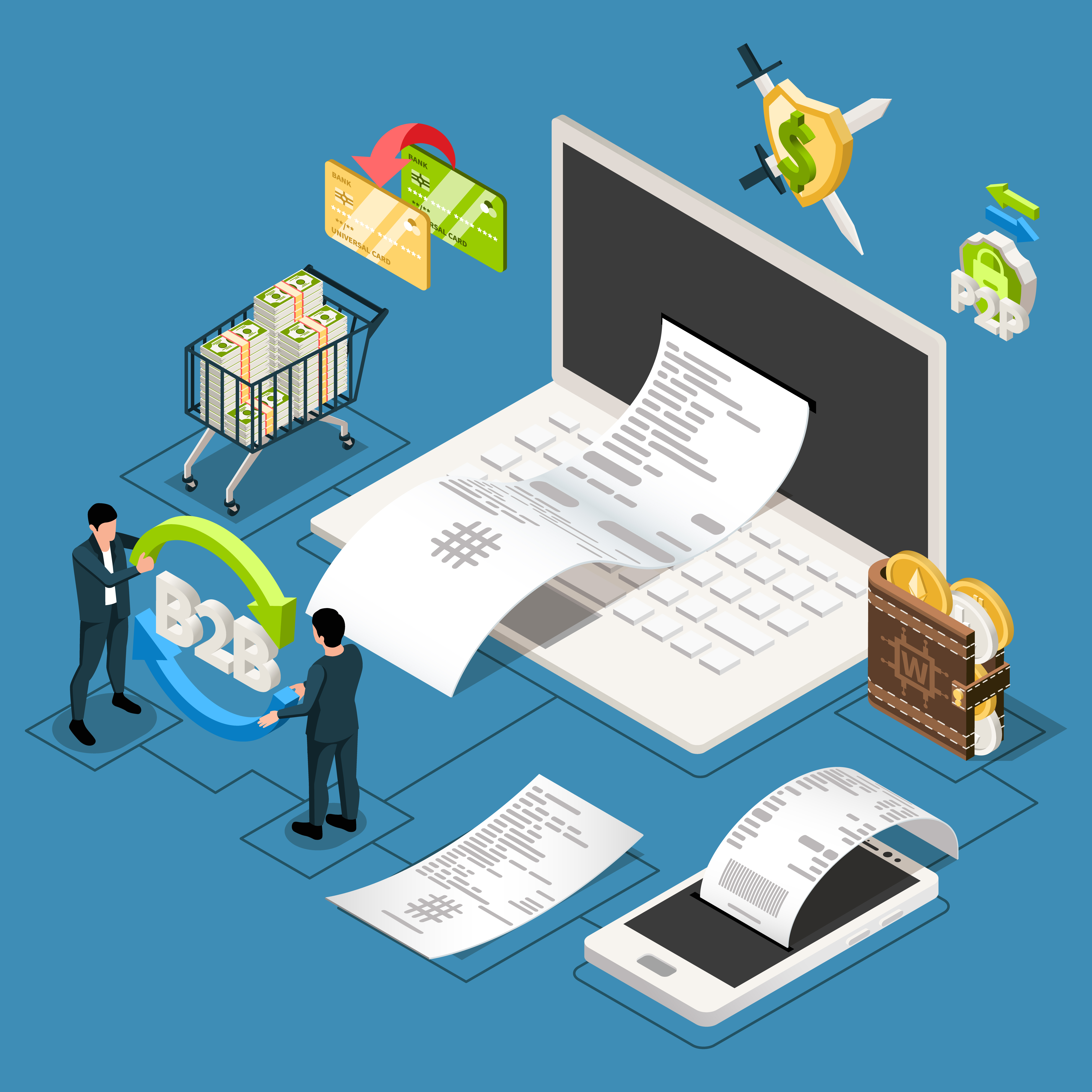How to Process Invoices in Accounts Payable?
Efficiently managing invoices within accounts payable is crucial for the financial health of any business. In this detailed guide, we will walk you through the step-by-step process of handling invoices in the accounts payable department. Understanding the intricacies of this procedure is vital for maintaining positive vendor relationships, ensuring timely payments, and fostering a streamlined financial workflow.
The Step-by-Step Guide to Processing Invoices in Accounts Payable:
- Receiving Invoices: The process begins with the receipt of invoices from vendors. These invoices can be received in various formats, including paper and electronic. Establishing a robust system for organizing and cataloging incoming invoices is essential for a smooth workflow.
- Verification of Invoices: After receiving invoices, the next step involves verifying the details. This includes confirming that the goods or services were received as stated in the invoice, checking for accuracy in pricing, and ensuring adherence to any agreed-upon terms.
- Approval Workflow: Once verified, the invoices undergo an approval workflow. The complexity of this workflow can vary based on the organization's structure and policies. It may involve multiple levels of approval to ensure accuracy and compliance with company guidelines.
- Data Entry and Coding: Approved invoices then enter the data entry phase. This involves entering relevant details into the accounting system and applying appropriate cost coding. Accurate data entry is crucial for precise financial reporting and analysis.
- Payment Scheduling: After data entry, invoices are scheduled for payment based on the agreed-upon terms with the vendor. Efficient payment scheduling ensures that payments are made in a timely manner, avoiding late fees and maintaining positive vendor relationships.
Importance of a Well-Defined Invoice Processing System:
- Cash Flow Management: A streamlined invoice processing system contributes to effective cash flow management. Timely processing ensures that payments are made promptly, preventing disruptions in cash flow.
- Vendor Relationships: Efficient invoice processing fosters positive relationships with vendors. Timely payments and adherence to agreed-upon terms contribute to a strong vendor-client relationship, potentially leading to better terms and discounts.
- Avoiding Late Fees: Timely processing also helps in avoiding late payment fees and penalties, contributing to cost savings for the business in the long run.
- Accurate Financial Reporting: A well-organized invoice processing system facilitates accurate financial reporting. This is essential for making informed business decisions and complying with financial regulations.
Best Practices for Streamlining Invoice Processing:
- Implement Automation: Explore automation tools for invoice processing. Automation can significantly reduce manual efforts, minimize errors, and expedite the overall workflow.
- Standardize Processes: Standardizing invoice processing procedures ensures consistency and reduces the likelihood of errors. This includes standardized approval workflows, invoice formats, and coding systems.
- Regular Training: Keep the accounts payable team well-trained on the latest tools and technologies. Regular training sessions can enhance efficiency and ensure that the team is well-equipped to handle any changes or challenges.
Conclusion:
In conclusion, mastering the process of invoicing in accounts payable is essential for a well-functioning financial system. By following the step-by-step guide outlined above and implementing best practices, businesses can streamline their invoice processing workflows for optimal results. For organizations looking to further enhance their financial efficiency, considering the benefits of Outsource Invoice Processing Services can be a strategic move. Outsourcing offers specialized expertise, allowing businesses to focus on core activities while ensuring seamless invoice management.




Comments
Post a Comment